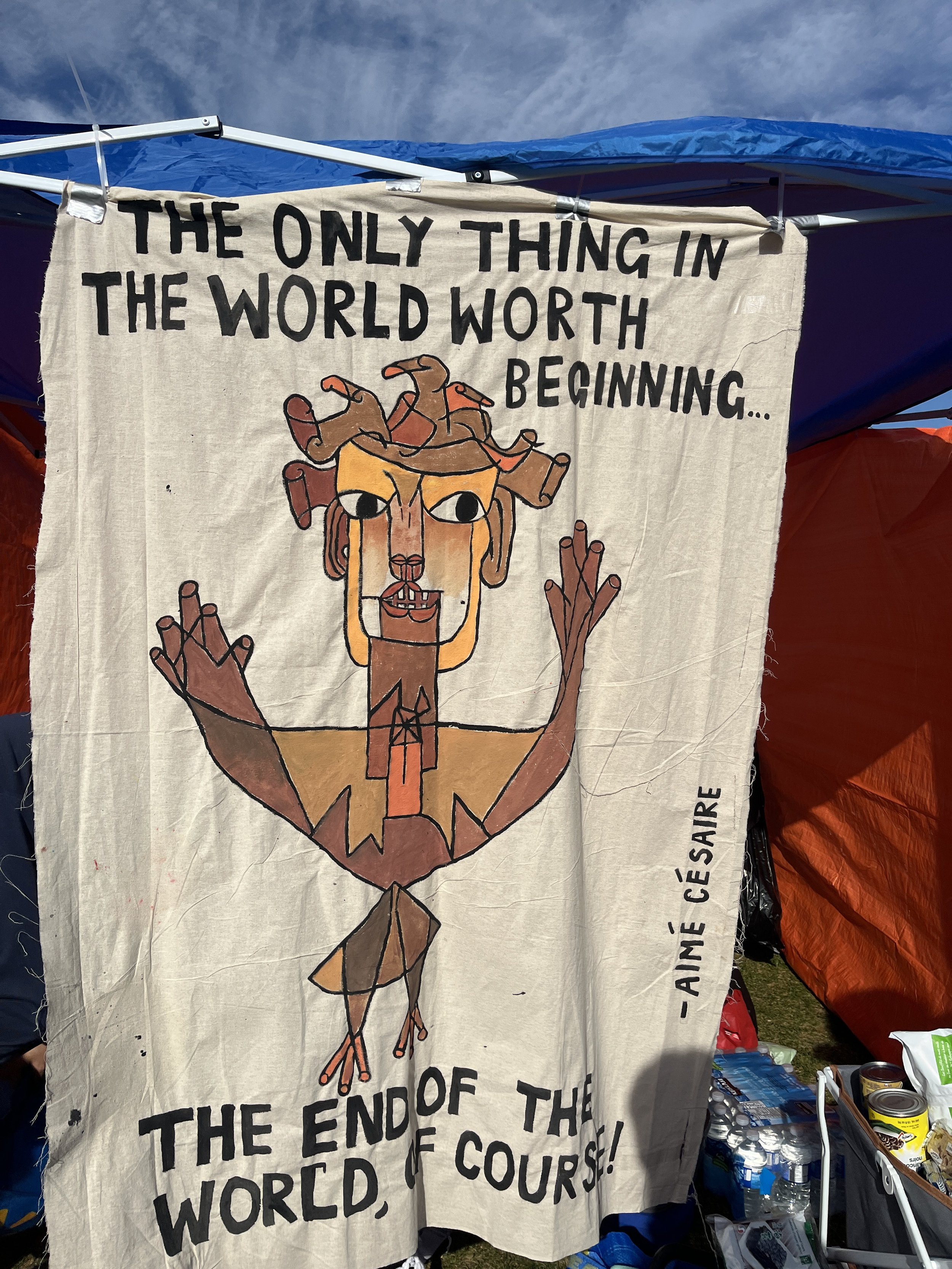Information
In the opening sentence of his foundational book The Zionist Idea, Arthur Hertzberg writes, “Zionism exists, and it has had important consequences, but historical theory does not really know what to do with it.” This may have been the case in the late 1950s, when The Zionist Idea first appeared, but there is now surplus of scholarship and public writing on the matter of Zionism, in terms of politics, history, and culture. This body of scholarship and knowledge has addressed a wide range of topics, including but not limited to: Zionism as a Jewish national(ist) movement; Zionism as a settler-colonial enterprise in Palestine; Zionism as a civil religion for North American Jews (up until recently); Zionism as the official ideology of the State of Israel as a supposedly “Jewish and democratic” state; Zionism as the principal plank of Israeli-Jewish identity. From this point of departure, there remain many questions to be posed and to be vigorously debated. What is Zionism? What was Zionism? What might Zionism yet become, especially in the aftermath of the ongoing genocide in Gaza?
Equally important, especially in turning to imagine viable futures for the land of Palestine, is the question of what kind of alternative intellectual, philosophical, and political resources are available to craft other modes of thinking and being. What are—what have been and what might yet be—alternatives and opposing visions to Zionism? How has anti-Zionism appeared in intellectual debates within and outside of the Jewish community around the world? There has been much discussion within the Jewish community about the relationship between anti-Zionism or non-Zionism and Diasporism and other forms of community in the age of Zionism. How has Zionism been appropriated and opposed within academic, political, and public contexts? What is the relationship between anti-Zionism and Jewish liberation movements in various world-historical contexts? How has anti-Zionism been figured in secular Jewish, religious Jewish, Palestinian nationalist, and other forms of thought and practice? Furthermore, how has the debate around Zionism and opposition to Zionism appeared beyond Palestine and Israel, indeed, beyond the Jewish community? Scholarly discussions of anti-Zionism are generally only represented as debates internal to Jewish thought and as the domain of Jewish or Israel Studies (outsized, is the emphasis on "Jewish critics of Zionism"). Or Zionism, the idea, is framed as the impetus for Palestinian action, but never Palestinian ideas. We hope this meeting will present the opportunity to articulate clearly and rigorously the idea of anti-Zionism, which has been integrally connected to anti-colonial nationalist liberation movements, to Third Worldism and other mobilizations in and around the Global South. In the current moment, anti-Zionism is demonized and criminalized in a number of countries in the West, from Germany and France to the United Kingdom and Canada. Moreover, these debates have become especially tense and volatile in university settings.
This conference therefore aims to address the central problematic of anti-Zionism, while refracting the topic through different disciplinary, political, and cultural spaces. The event will bring together scholars who are deeply involved in this ongoing set of conversations and struggles into conversation with a larger sphere of overlapping publics, spanning local, national, and international settings. Given the ongoing attempts to police and chill speech on campuses around Zionism, Palestine, and other hot-button issues across North America, now is precisely the time to create spaces for constructive dialogue and disagreement and promote free and unbowed inquiry into even the most challenging human problems.
Convenors: Esmat Elhalaby (Toronto) and Max Weiss (Princeton)
University of Toronto, Toronto
